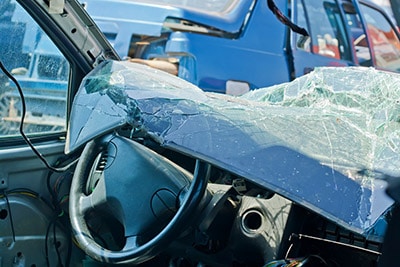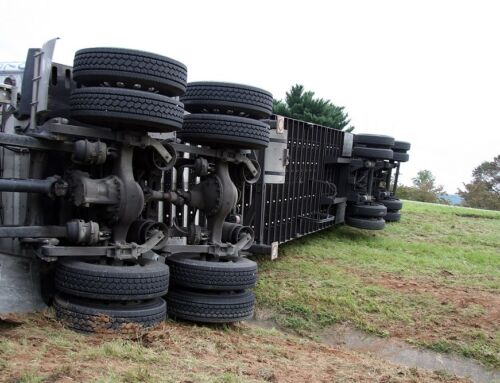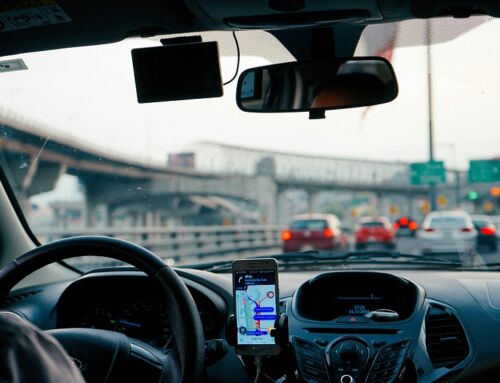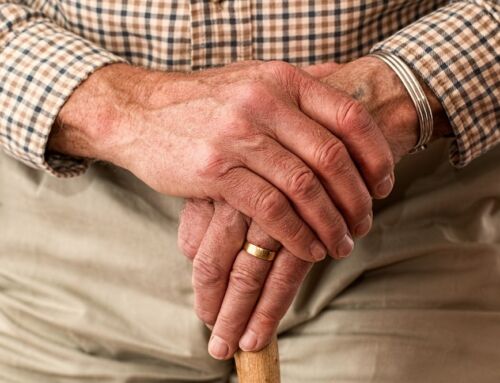Weather is a major contributor to car accidents. Whether it’s rain, sleet, ice, snow, fog, or some other condition, an estimated 1.2 million car accidents a year are caused by weather. Wet pavement and rain are the two most common weather-related causes of rain.
Accidents caused by weather raise an interesting legal problem. Who is held responsible for car accidents caused by the weather? After all, it’s not like you can hold the weather itself liable.
Who Is Responsible for Car Accidents Caused By Bad Weather?
Here is a general rule of thumb: During bad weather, the driver is responsible for any accident they cause.
This might seem unfair at first. Drivers cannot control the weather, so why should they be responsible if the weather caused the accident? The reason why is that drivers can still exercise a choice to drive in inclement weather. Drivers are also capable of exercising more control and care when driving during bad weather conditions. In fact, failing to exercise more caution during bad weather conditions is often considered a breach of that driver’s duty to reasonable care while driving.
Here is an example. Say it is raining outside. Driver A stops too quickly at a stop sign and hydroplanes, smashing into driver B. In this case, Driver A is liable for the accident because they did not exercise the proper caution and allow more time to stop while driving in the rain. Even though the accident would likely not have happened if not for the rain, A is still responsible because they have a duty of reasonable care to modify their driving behavior pursuant to the current driving conditions.
Other actions during bad weather that you can be held liable for include:
- Failing to use windshield wipers
- Driving with worn tires
- Driving while sleepy or drowsy
- Hydroplaning/sliding on ice
- Failing to use signals
In most weather-related accidents, the driver that caused the accident will be held responsible, because they could have always made the decision to drive more carefully.
When Is Weather Responsible?
In rare cases, drivers can make a so-called “Act of God” defense and claim they were not liable. If the weather was extremely unusual or extremely unexpected, then the driver that caused the accident may not be at fault.
For example, say a person is driving in a storm and lightning strikes their car, causing them to swerve into oncoming traffic, then that driver would likely not be held liable for that accident. The circumstances were so unexpected and unavoidable that the driver cannot be reasonably said to have been in control of events.
Dealing with the ramifications of a recent injury or accident and wondering where to start? Contact the Indianapolis Car Accident Lawyers of Hurst Limontes LLC today to learn more about how we can help with your car accident injury case.





